Have you got the correct meaning of ‘The Muslim Women (Protection of Rights on Marriage) Bill’? Read here
Dr. Sharad Vasudeo Khare
‘Triple Talaq passage in the Rajya Sabha has now assumed the legislative will (Parliamentary Act) of modern India. Prime Minister Narendra Modi has emerged as a “history hero” in the Indian history pages and he will go down in the Asian history as a great social reformer in Islamic civilisation in this part of the world. In the legislature he persuaded those in the opposition benches to help him push the long pending social reform to its finality. India, under the leadership of Narendra Modi, has proved that India is the Asian leader in initiating social reforms in the national fabric of a developing nation.
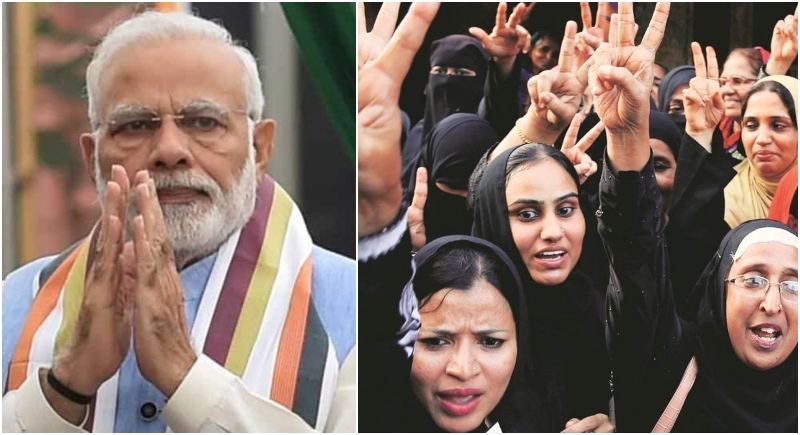
It is equally important to take a note that the proposed Act is not merely an empowerment of women, but it is also a severe deterrent for the Muslim men as the violator of this law will be covered by the criminal procedure code and will be forced to face criminal conviction.
The government had issued Triple Talaq Ordinance twice in September 2018 and February 2019. According to the Muslim Women (Protection of Rights on Marriage) Ordinance, 2019, triple talaq is unlawful and is punishable under law. If a man gives triple talaq to his wife, then the husband can be sentenced to 3 years of imprisonment.
The Modi government had earlier passed triple talaq legislation in the Lok Sabha in the first term. But because of lack of the majority in the Rajya Sabha, it could not be passed there.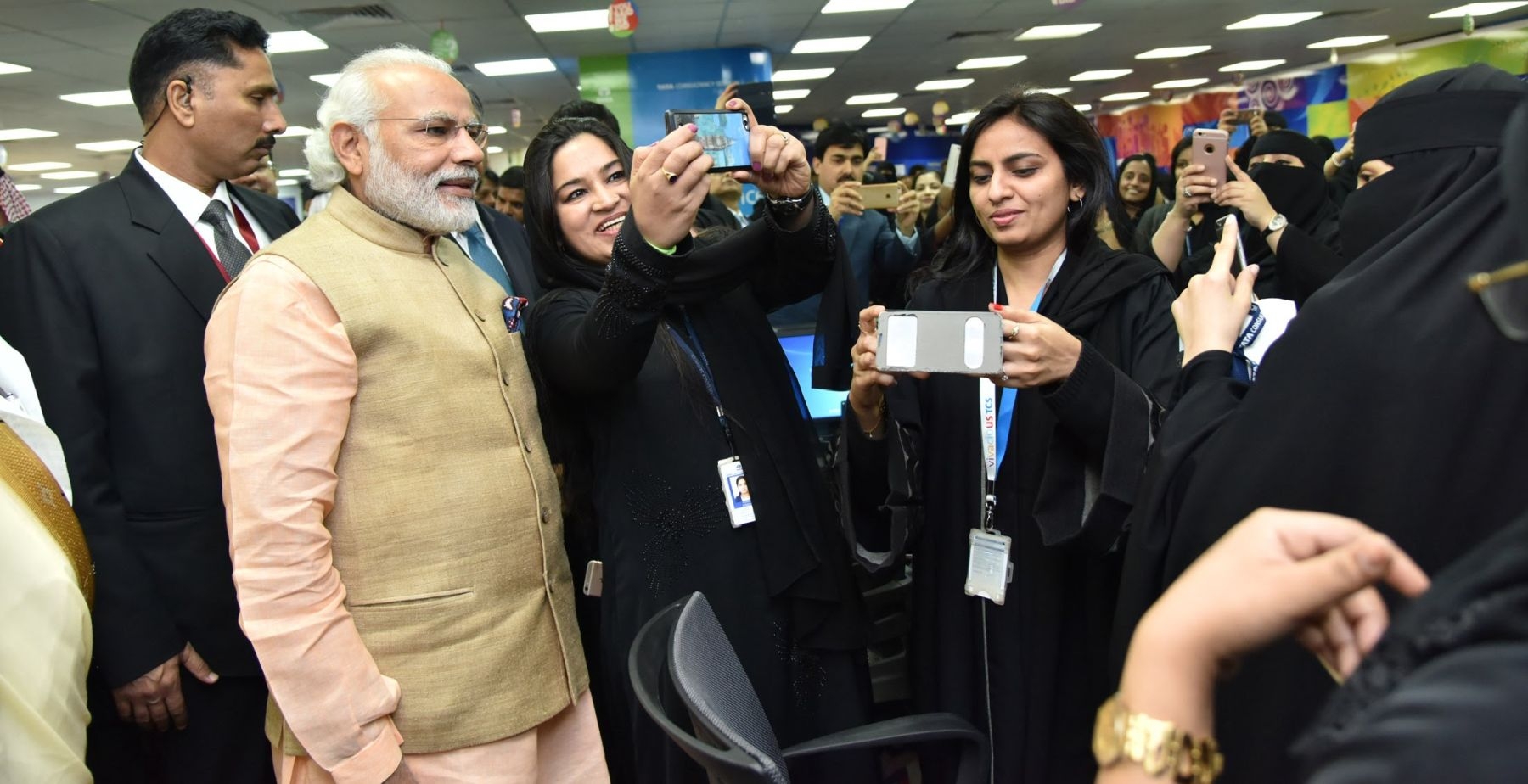
According to parliamentary rules, the bill which is presented directly in the Rajya Sabha does not automatically end if the Lok Sabha dissolves. But if the bill is first tabled in the Lok Sabha and then it goes to Rajya Sabha. In case the Lok Sabha has dissolved then the bill ends automatically. The same happened with the Triple Talaq bills and the government has to bring a new bill. They passed the bill in February in Lok Sabha. Then the bill was transferred to the Rajya Sabha. Now since the government didn’t have a majority in the Lok Sabha, it got stuck there.
These are the changes brought in the proposed Act:
According to the new draft of the bill, based on the ordinance, police cannot give bail to the accused. The magistrate can give bail on the grounds of the victim’s wife after hearing the reasons. They also have the right to reconcile the marriage.
According to the bill, the child will remain in the mother’s custody until they decide. The accused will have to live up to him as well. The crime of three divorces will be cognizable only if the members of the victim’s wife or her family (mike or in-laws) enter the FIR.
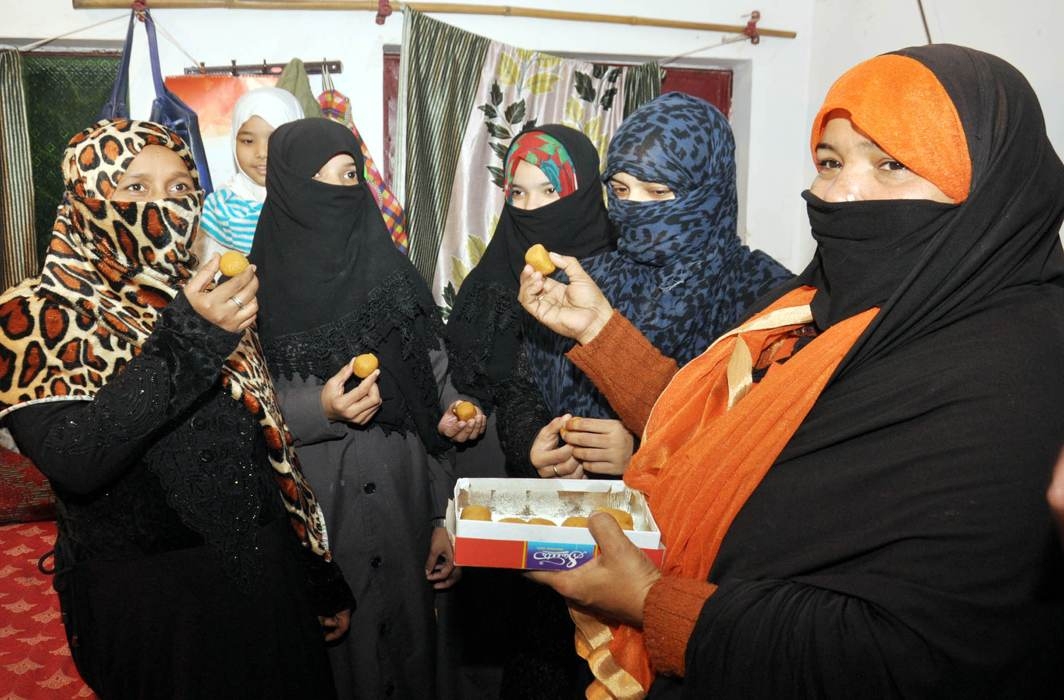
There are 11 Clauses in the proposed Act. The preamble states that the Bill is to ‘to protect the rights of the married Muslim Women and to prohibit divorce by pronouncing talaq by their husbands and to provide for matters connected therewith or incidental thereto’. There are three chapters comprising eight clauses.
It is the Second Chapter which declares the ‘talaq’ to be void and illegal. It further pronounces punishment of imprisonment up to three years for a Muslim husband who pronounces talaq in any form.
The Third Chapter explains several rights of the married Muslim women such as subsistence allowance as determined by the Magistrate, the custody of the minor children would be with the women, offence committed under this Act would be cognizable, the Magistrate would be the bail-granting authority.
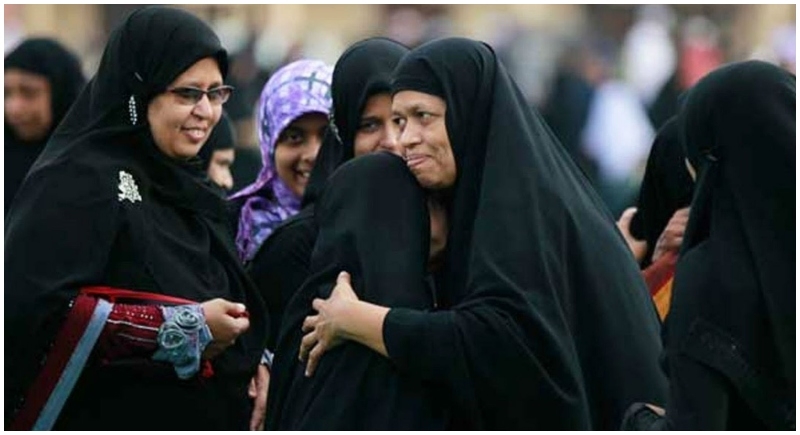
Narendra Modi’s legislative initiative in social reforms.
The (proposed) Act is a mile stone in the modern parliamentary history of India. It is a land mark in the evolution of modern India. Muslim women in the country have been persuaded to join the mainstream of the growth and development. The meaning of this revolutionary step in the growth process can quickly be summarized as following:
(a) It is a bold political decision. It is a prudent step towards contemplating as directed in the “Directive Principles”, a step forward in articulating ‘uniform civil code’ for the betterment of the entire society. (b) Once again, the State has proved its sovereign authority over religion. (c) It is a great leap forward in subordinating the religious domination of the clergymen in the Indian Islamic folk. (d) The Muslim women are brought on par with the rest of the Indian women-folk. (e) The male domination of the Muslims’ psyche is shaken. (f) The Indian Law Minister has rightly stated on the floors of the House –“the legislation would help in ensuring the larger Constitutional goals of gender justice and gender equality of married Muslim women and help subserve their fundamental rights of non-discrimination and empowerment.” (g) The threatening tendencies of the Muslim male dominating folk are cut to size—a great psychological relief for the Muslim women folk. (h) The social history of the Muslim community, should take a national call to revise its social draft.
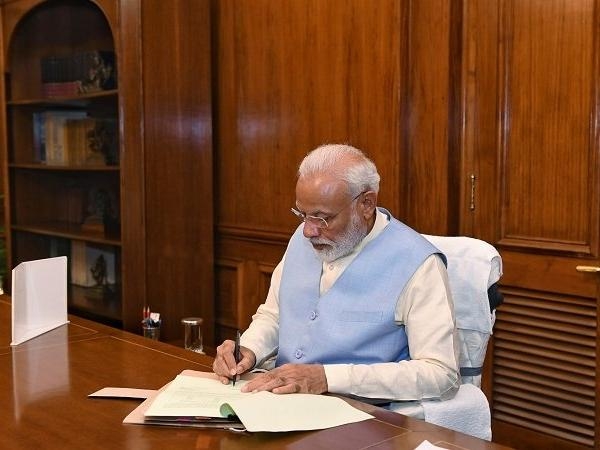
The present Act and several case laws emanating from the provisions of the present Act, the situation is bound to cast long shadows to brighten opportunities made available to the otherwise efficient Muslim lot to adopt a fresh line of thinking for their children” nation first”.
